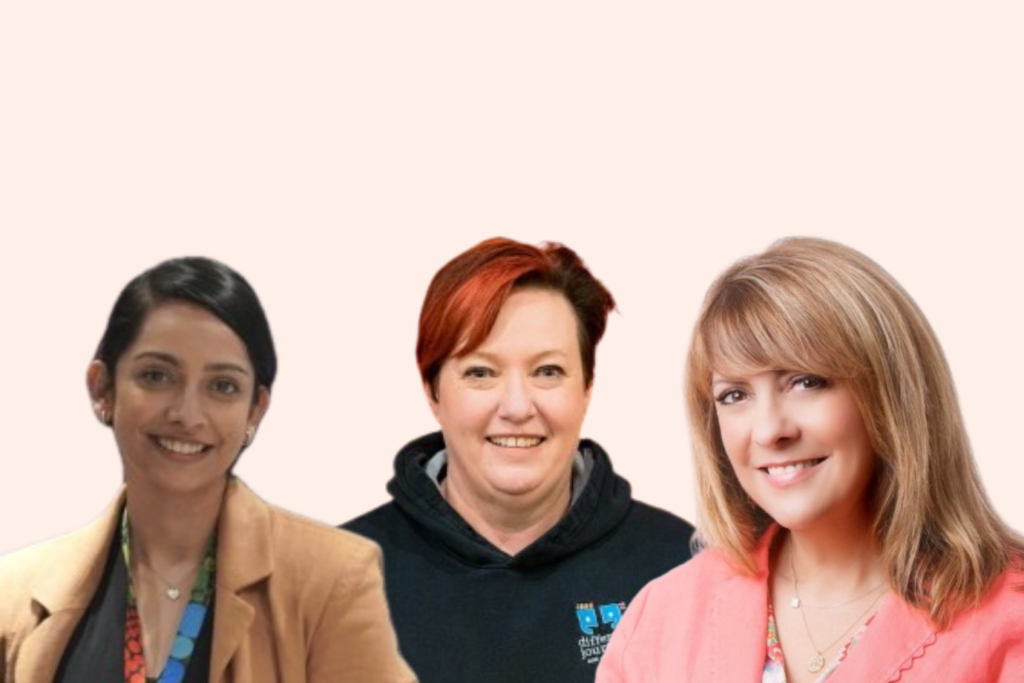Carers in Australia face all too many added challenges in the workplace, making it essential for employers to step up and offer better support.
This key issue most often falls on women, as they do the lion’s share of responsibilities and unpaid care work. Women make up seven in 10 of the 3 million Australians who are unpaid carers.
These carers provide support to family members and friends living with a range of different circumstances, including those with a disability, mental illness, chronic conditions, terminal illness, alcohol or drug issues as well as those who are older or younger in age.
Research by Carers Australia shows a strong correlation between supportive employers and a carer’s level of health and well being. Those who invest in the wellbeing of employees also see a number of benefits, like increased motivation, morale, job satisfaction and engagement.
There’s a massive opportunity here for employers to not only improve the life of carers on your team, but to also change the whole system. And one way to do this is the Carer-Inclusive Workplace Initiative.
This initiative aims to create more inclusive and supportive workplaces for carers who provide unpaid care in the community. It emerged as a result of recommendations from the Australian Government’s Jobs and Skills Summit with the aim to promote equal opportunities and reduce barriers to employment.
The initiative has developed an online self-assessment, E-Learning modules and resources to be accessed by carers and employers to gain a stronger understanding of how carer-inclusive a workplace is.
On a recent webinar, hosted by Women’s Agenda in partnership with Carers Australia, we platformed this topic, with a panel of women who shared their lived experience of care and leadership, and contributing suggestions on what employers can do to better support their staff with caring responsibilities.
“Carers are incredibly strong people,” says Meredith Coote, one of the panelists who found herself unexpectedly in the role of full time carer for her young adult daughter after her daughter developed a severe and persistent mental illness.
Co-chair of the National Carer Strategy Advisory Committee, Coote says something she really objects to is the idea that employers bring carers into their company “for their soft skills”.
“We are not soft people,” she says. “We know how to get stuff done. We’re really good lobbyists. We’re really good advocates. We’re great with time management.”
Mel Spencer OAM is another Carer and fierce Autistic advocate who generously shared her lived experience on the panel.
As a parent to 3 Autistic teenagers and identifying as Autistic herself, Spencer is the co-founder and current Chief Executive Officer of Different Journeys which she started with Merrin Ayton to ensure that her children had the opportunity to connect with a wider world than their bedrooms.
Spencer says she works hard to get the message across that “the carer recipient is nor a burden”, and that it’s important for employers and everyone else to maintain the dignity of the person being cared for when discussing caring responsibilities.
Also on the panel was Anu Wettasinghe, an experienced human resources professional who is currently the Diversity, Inclusion and Wellbeing Manager at QBE Insurance Australia Pacific. She shared more on the way that progressive employers can strike the right balance for those in their teams juggling care responsibilities.
“I guess our approach really fundamentally, is our inclusion strategy, where we really want to have a workplace culture that fosters a sense of belonging for our people, where they feel valued, respected, and psychological safety is really key,” she said, noting that this applies to customers as well as the communities the business operates within.
“For us, it’s recognising that caring and family has come in all shapes and sizes.”
“We all face different experiences and challenges on any given day. That might be talking about navigating aged care. It might be caring for someone with a disability, a neurodivergent child, someone with a chronic health condition,” she says.
“So, we really try to focus on those different kind of experiences, the lived experiences of our people, where they’re willing to generously share.”



